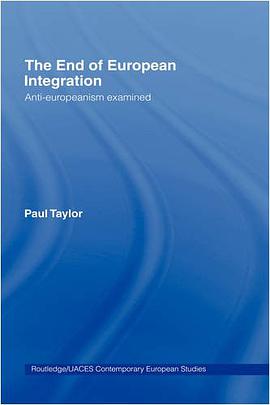

Victorian Narrative Technologies tells the story of how the British, who wanted nothing to do with the Suez Canal during the decades in which it was being internationally planned and invested, came to own it. It stands to reason that the nation that prided itself on its engineering prowess and had more to gain than any other in the construction of a direct route to India would have played a role in its making. Yet the British shied away from any participation in the international project-only to swoop down on the finished project and claim it as their own when they purchased it in 1875, an event which led directly to Egypt's colonization in 1882. Murray uncovers the little-known story of Britain's swing from ambivalence about to acceptance of what would become a potent symbol of Western imperialism. Beginning with the railway mania of the 1840s and concluding with the opening of the new global routes of the 1870s, Murray argues that changes in notions about character, investment, and technology propagated in the novel form over this period enabled Britain to lay claim to the globe. Arguing that literary genre was itself a technology that spread imperialism, Murray shows how roads, canals, and novels together colonized the Middle East.
具體描述
讀後感
評分
評分
評分
評分
用戶評價
相關圖書
本站所有內容均為互聯網搜索引擎提供的公開搜索信息,本站不存儲任何數據與內容,任何內容與數據均與本站無關,如有需要請聯繫相關搜索引擎包括但不限於百度,google,bing,sogou 等
© 2025 book.quotespace.org All Rights Reserved. 小美書屋 版权所有




















